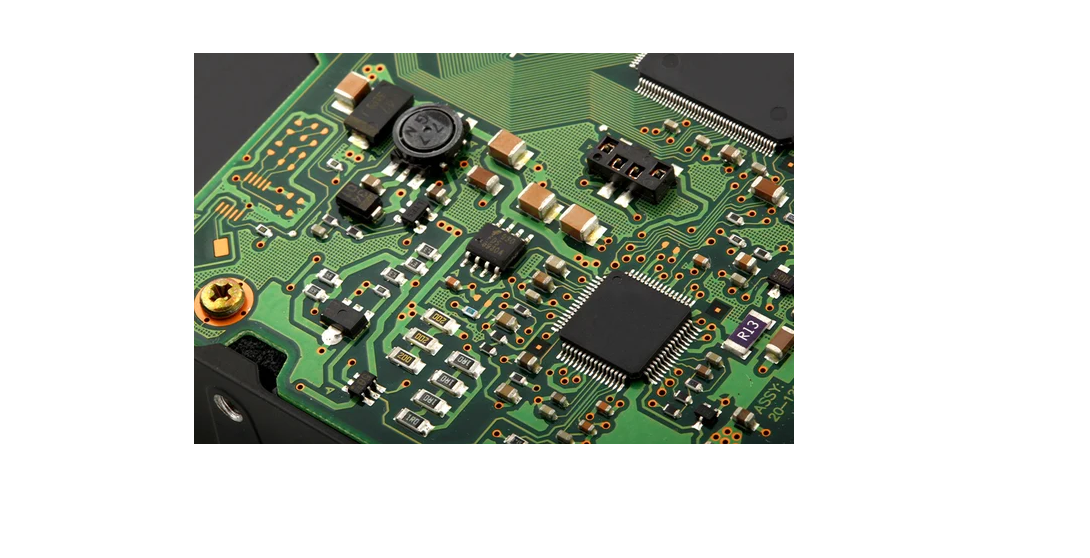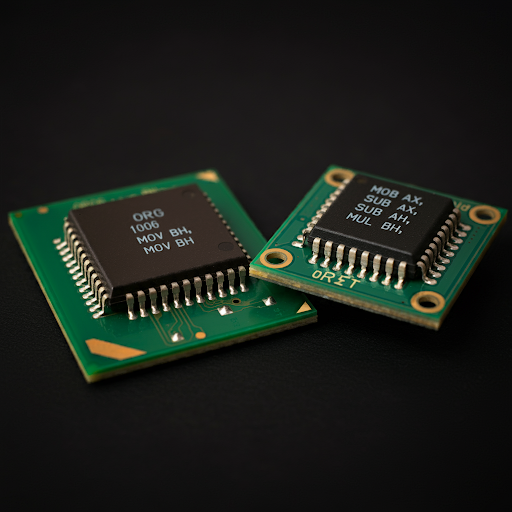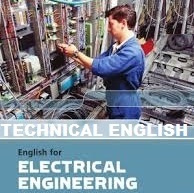
This document explores the interactions between a microprocessor (or microcontroller) and the outside world via peripherals and input/output (I/O) interfaces. It details the types of peripherals (keyboard, screen, CAN/CNA converters, timers, etc.), their role in data processing and communication, and the controllers used to interface them with the processor. Concepts are illustrated with examples such as the PIC 16F877 microcontroller and various communication buses (USB, Ethernet, etc.).
- Enseignant: Djillali HAMRI

- Enseignant: Tayeb Lantri

Today, the world faces a rapid increase in energy demand (a 50% rise in global energy demand is expected by 2030), rising energy prices (the price of a barrel of oil fluctuates around $50-80), and declining fossil fuel resources (over 60 oil-producing countries have already surpassed their production peaks). Additionally, strong regulations on greenhouse gas emissions are gradually being implemented, forcing countries to adjust their energy policies and shift toward renewable energy sources. The sun, water, wind, tides, wood, and other plant products are natural resources capable of generating energy thanks to technologies developed by researchers. Combined with increasingly efficient technologies, these elements represent natural sources of clean, sustainable, inexhaustible, and environmentally friendly energy. Renewable energy is slowly finding suitable and economically viable applications in multiple fields.
In this course material on renewable energy, we will present an overview of the various types of renewable energy, including their operating principles and the different techniques used. This work was based on the collection of precise and targeted data to make it easier for students to understand.
This work is primarily intended for graduate students (first-year master’s students in the field of Electrical Engineering, specializing in Industrial Electrotechnics). The goal is to provide students with a reference document that can offer significant support and illustrate all the topics covered in this area.
Teaching Objectives: Equip students with the scientific foundations needed to integrate into the scientific research community in the field of renewable energy, batteries, and sensors associated with engineering applications.
Recommended Prerequisites: Energy conversion devices and technologies.
- Enseignant: abdelkader mostefa
Ministry of Higher Education and Scientific Research
Relizane University
Faculty of Sciences and Technology
Department of Electrotechnic and Automatic
Academic year: 2024-2025
Course prepared by Pr M. Rahli (Traduction of Dr Bourahla’course)
This course is intended for fourth year students of the Bachelor’s degree in Electrical Engineering (M1) (Discoveries).
It is delivered in English, [a translation of the course to allow students to avoid them to translate (saving time) and assimilate well (understand) is attached].
It should be noted that the exam will be in English and not in French.
- Enseignant: Mostefa Rahli

This course is designed for first-year master's students in Electrical engineering, emphasizing the enhancement of technical English proficiency essential for academic and professional success. Students will engage with specialized texts to deepen their understanding of industry-specific terminology and literature, while also utilizing authentic scientific videos to practice note-taking and summarization skills critical for extracting essential information. They will develop their communication abilities through presentations on scientific topics, improving their capacity to articulate complex ideas clearly, along with mastering telephone communication techniques and non-verbal expressions. Additionally, students will focus on extracting key ideas from scientific documents, crafting precise scientific messages, and exchanging written information effectively. They will also learn to write professional documents, including resumes and cover letters for internships and job opportunities. By integrating these various elements, the course provides students with a comprehensive skill set in technical English, empowering them to navigate the demands of their respective fields confidently and fostering effective communication in diverse professional settings
- Enseignant: Noreddine Benaired

